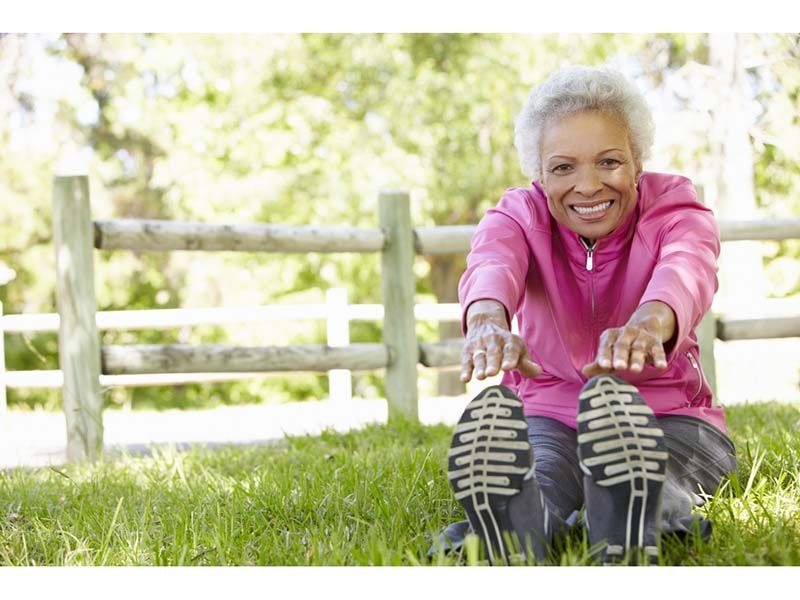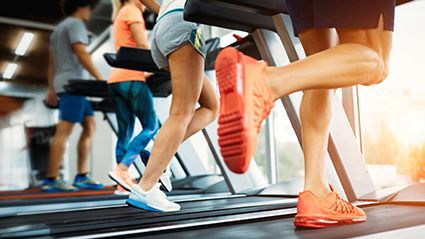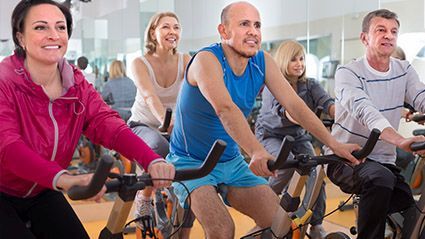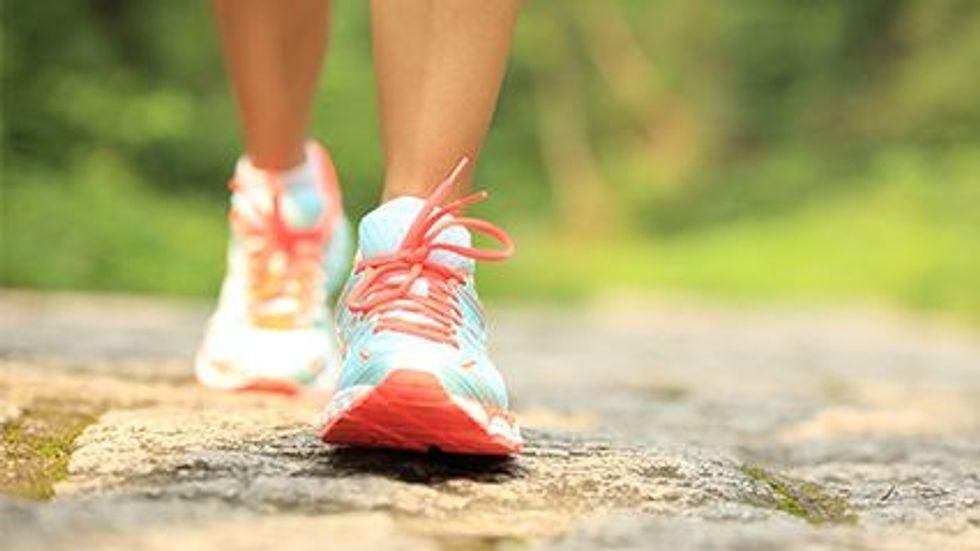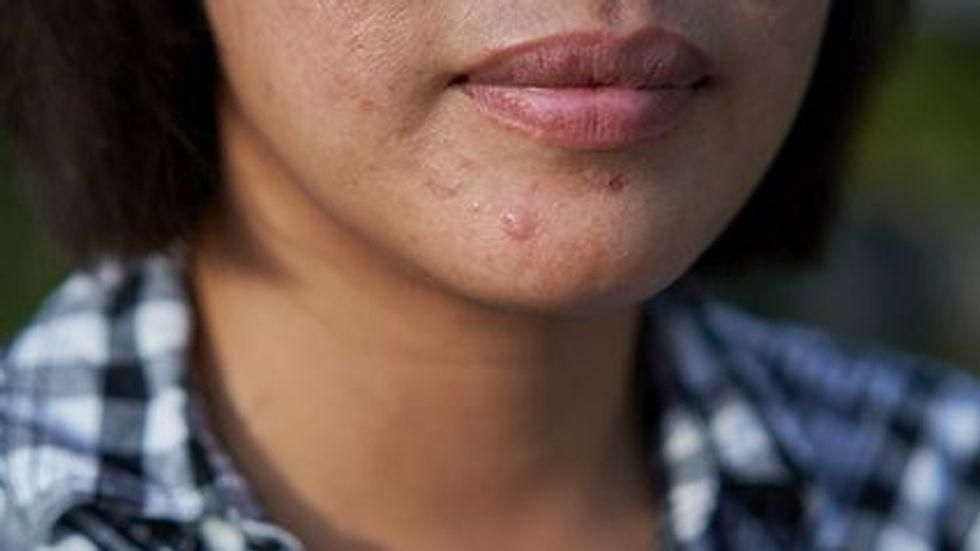
A type of skin cell that plays a significant role in fighting acne has been identified — a finding researchers say could lead to new ways to treat the common skin ailment Hair follicles have been known to be major factors in acne development, but this study suggests that other skin cells may have a… read on > read on >










